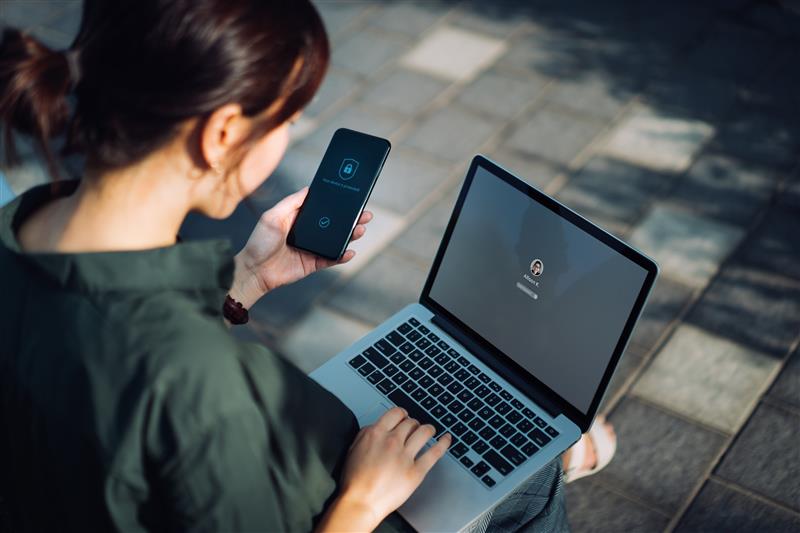Protect your data and update your equipment
Online security starts with your digital devices.
Be discreet: only disclose when necessary
Everybody should know what can be made public and what cannot.
Detect malicious communications
Most cyberattacks start with phishing.
Report suspicious communications
That goes for you, your employees, suppliers and customers.

